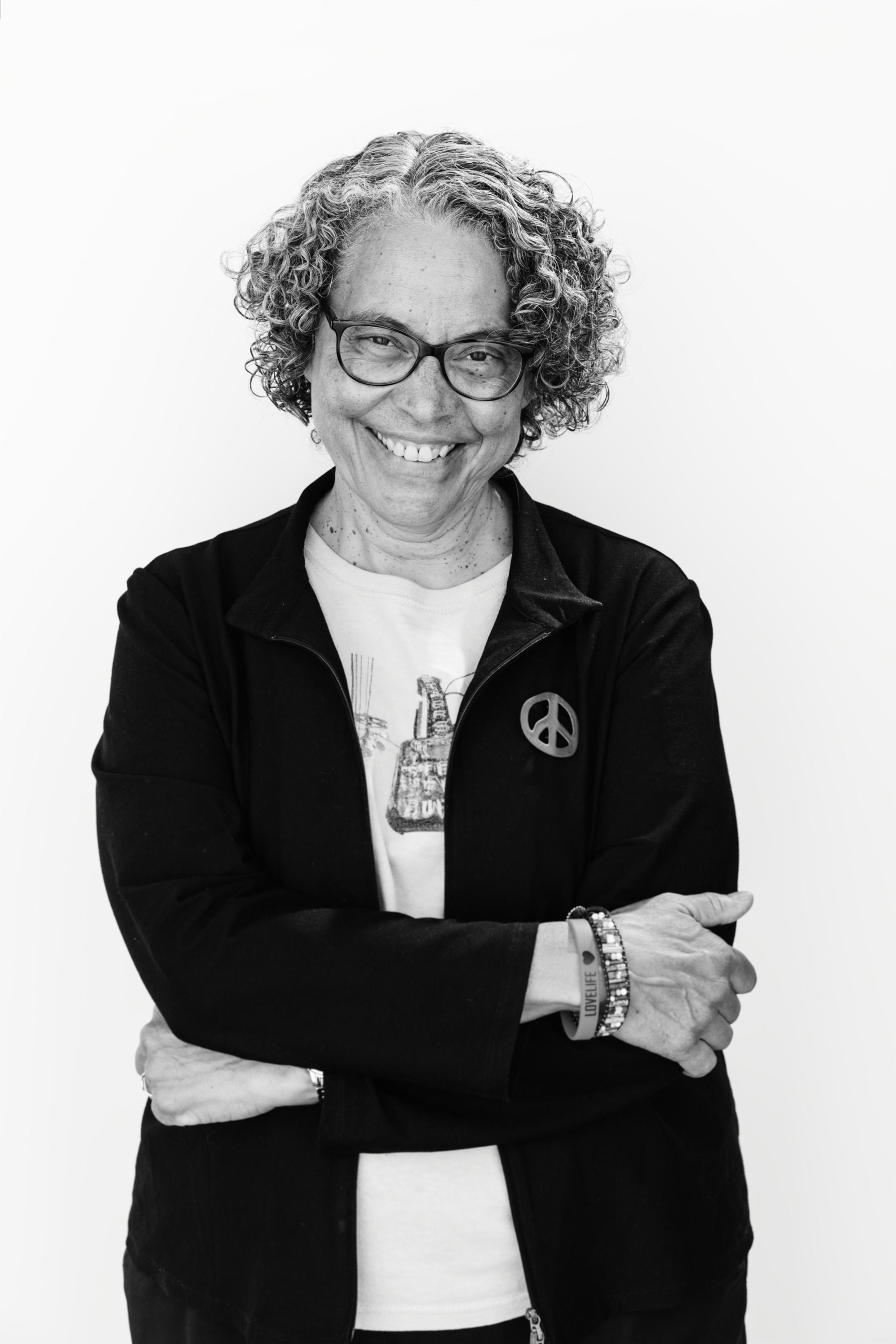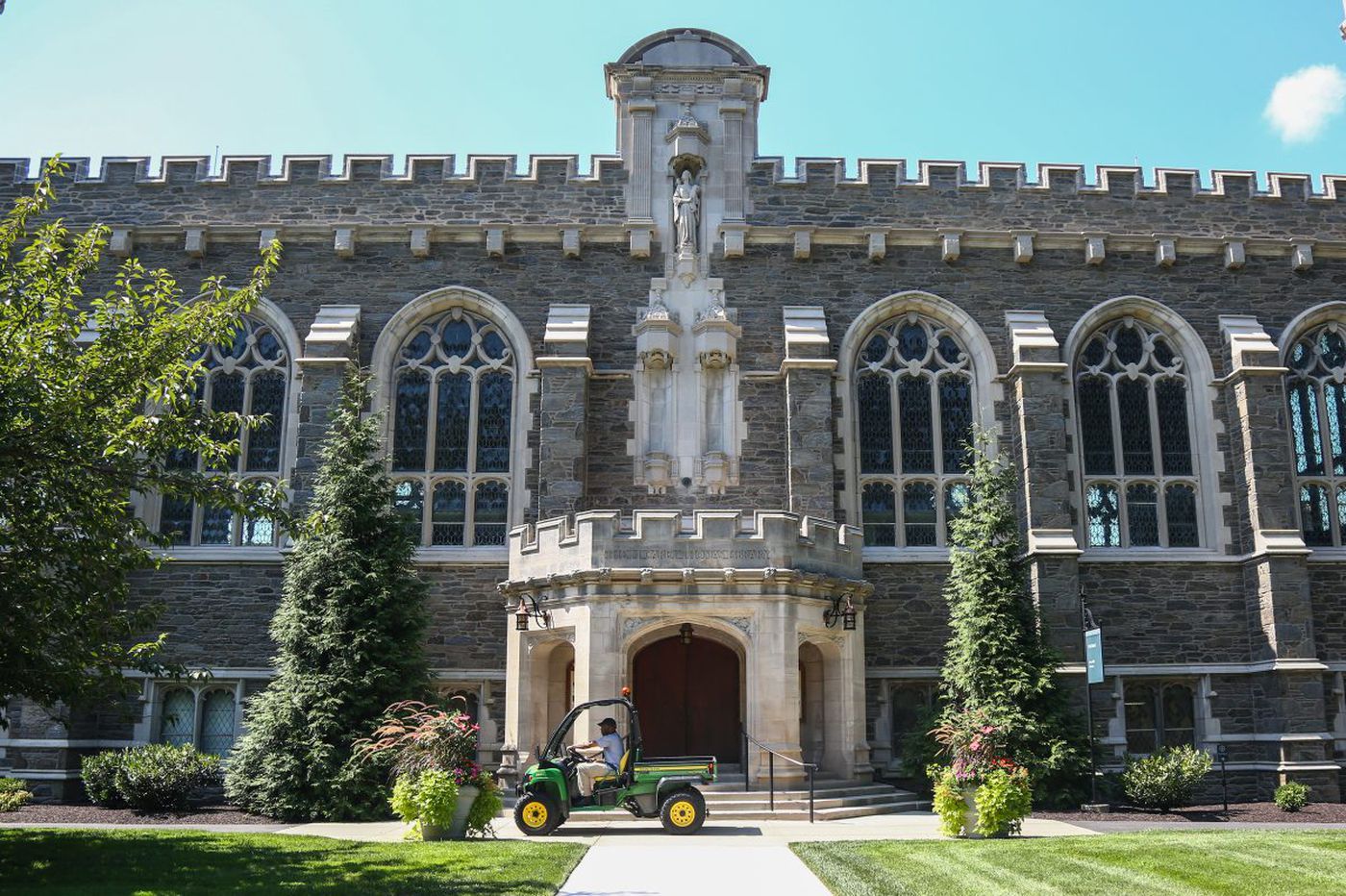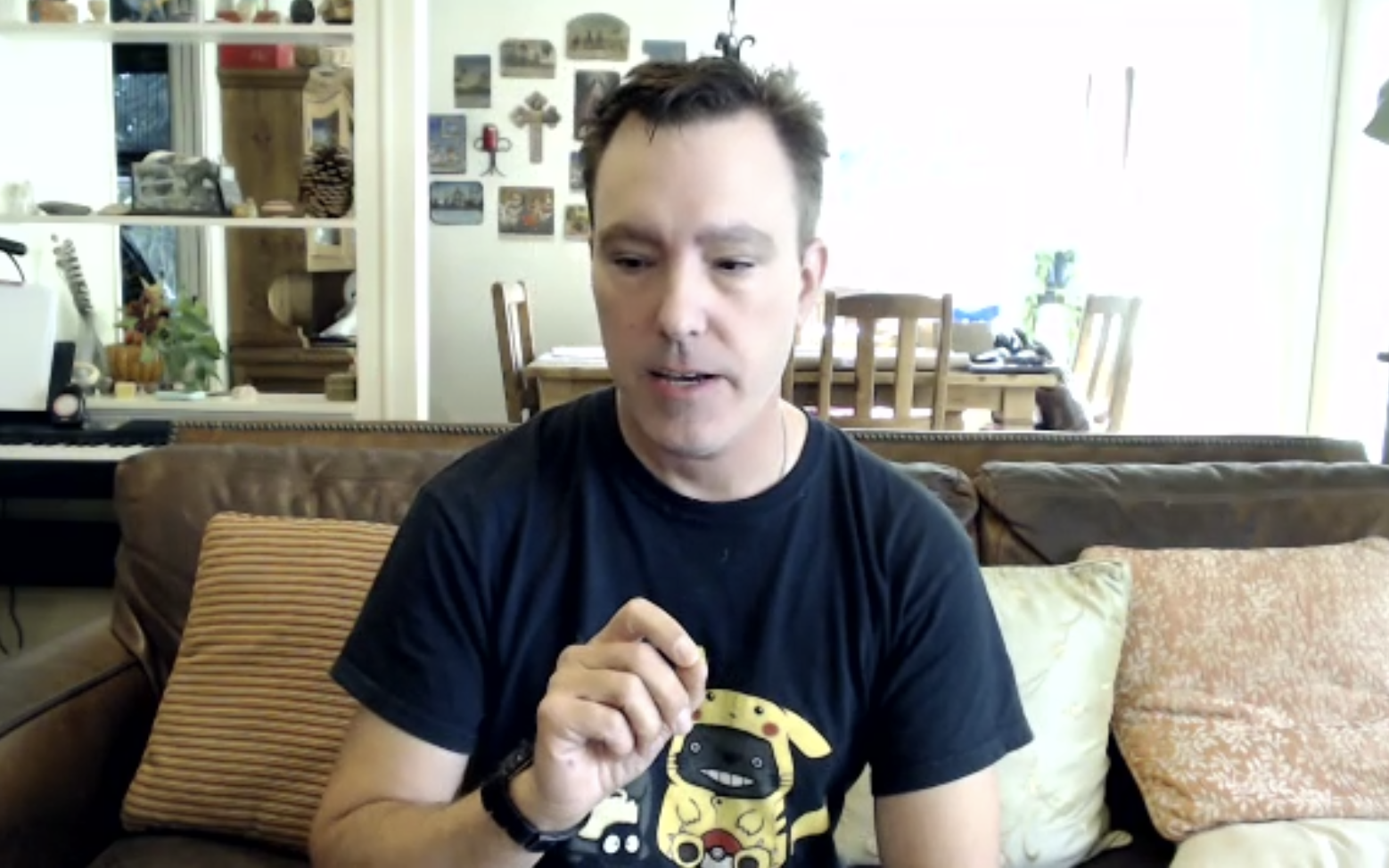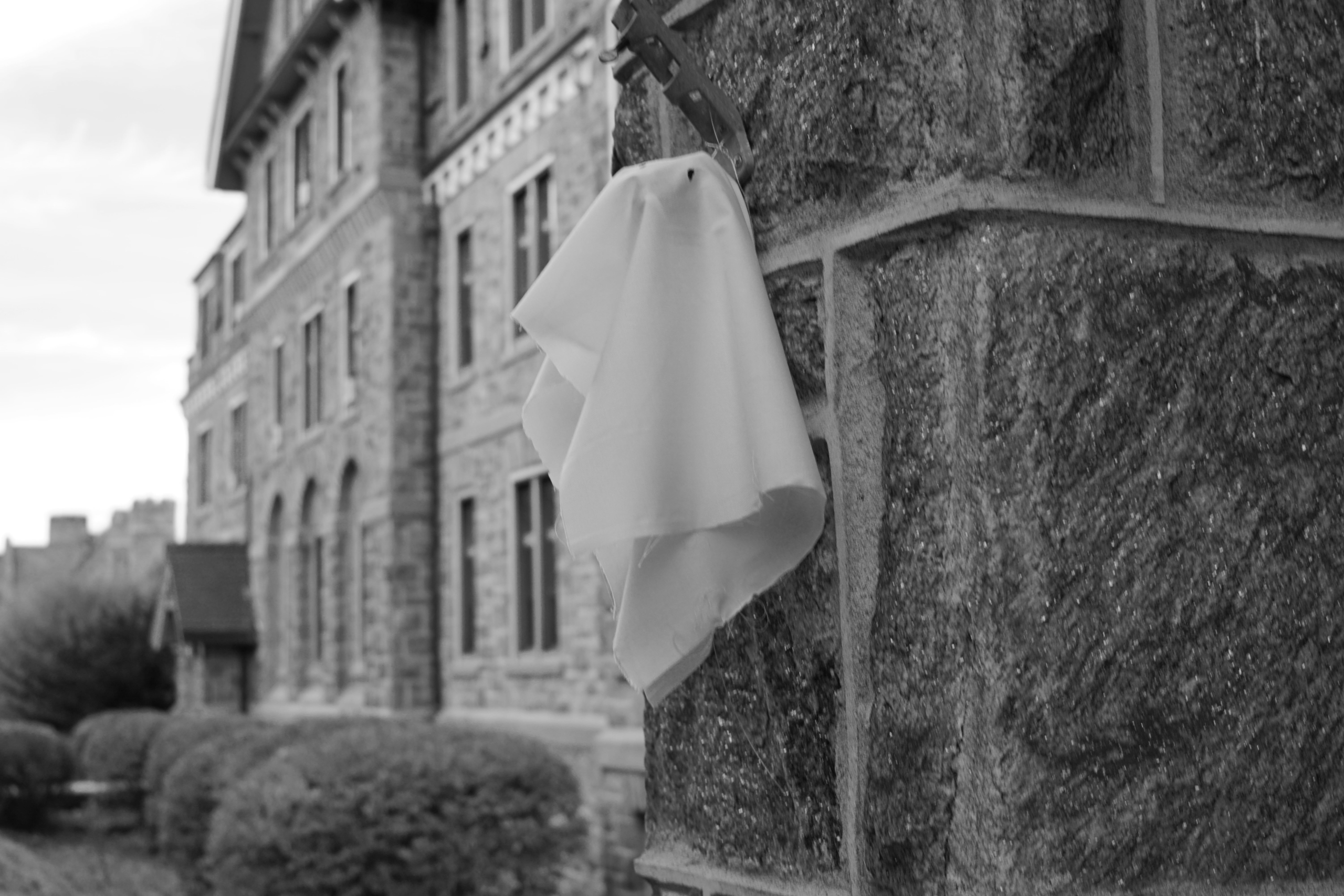In a series of three talks that ended on November 16, Dr. Mindy Fullilove, holder of the Flexner Lectureship this year, presented on The Tao of K-Drama. The first Flexner Lecture was held in 1928 and Dr. Mindy Fullilove ‘71 is the first Bryn Mawr College alumna to hold the Lectureship.
The Flexner Lectureships were founded to honor Mary Flexner, a Bryn Mawr graduate in the class of 1895. Anyone holding a Flexner Lectureship gives a series of talks to present on new developments in their specific area of research. During her lectures, Dr. Fullilove discussed how K-Drama was an emergent factor and blueprint that further inspired her inquiries into the trauma of displacement, and the necessity for collective healing.
In her opening lecture on November 2, Dr. Fullilove argued that “the issue of the 21st century would be displacement” and further asserted that her current work is “involved in trying to understand displacement of people.” Her research is practiced through exploring the importance of place — homes, supermarkets, town structures, etc. — in people’s lives.
It is crucial to define Tao which literally means “the way” but the concept or greater idea behind Tao refers to “the way of the universe.” The whole series is based on finding a way to recovery stories.
“Root shock” was coined by Dr. Fullilove to describe the emotional trauma experienced when an individual’s environment is devastated. In opposition to the senseless violence seen from world leaders, Dr. Fullilove expressed that “K-Drama is the metaphorical option” to remedy the violences we are seeing today.
She discerned that K-Dramas are “narratives of recovery and restoration,” particularly in terms of rook shock. In her talks, Dr. Fullilove focused on three K-Dramas to emphasize and examine different parts of the arcs she’s seen play-out in the genre. She created a template herself, which outlines the arcs.

“Crash Landing on You“
Dr. Fullilove discusses “the situation” and “the mazeway breaks” in this K-Drama. The important thing about “the situation,” according to her, is that it is emergent and involves a lot of people. Everyone involved in the situation is part of how the story will play out.
“The mazeway” is the break away from a familiar environment. Dr. Fullilove uses Crash Landing on You as a model for fracturing “the mazeway.” South Korean Yoon Se Ri crash lands in North Korea, allowing her to see the tension between the two countries in a new way that opposes how she’s always considered life and her environment before crash landing.
“Just Between Lovers” (alternatively “Rain or Shine”)
This K-Drama explores “experiencing grace” and “collecting collaborators” in Dr. Fullilove’s lecture. She identifies the moment of “experiencing grace” through Ha Moon Soo takes Lee Gang Doo from an alley to her father’s house to heal him. So, the act of rescue becomes a moment of experiencing grace.
When Lee Gang Doo starts to make a relationship with Ha Moon Soo, they can start to build a community together, hence they are “collecting collaborators”. The people in the community have all been impacted by the collapse of a building and they decide to make a memorial of the space to honor the loss of life.
Dr. Fullilove identifies the founding of the community to be the essential shift which moves the narrative into a recovery story. She points out that collaboration through grief is necessary when recovering from root shock.
“The King’s Affection“
“Bending the moral arc of the universe” is seen in this K-Drama when Dami-yi is on trial for lying about her gender and pretending to be the Crowned Prince after the death of her brother. However, members of her court start stating their roles in keeping Dami-yi’s secret safe and argue for a collective punishment rather than only letting her stuffer — this is the bending that Fullilove references, the movement from individual to collective.
Dr. Fullilove asserted that “reaching solid ground is the stark contrast to the unsteadiness introduced into the universe by the situation and the fracturing of the mazeway.”
When Dami-yi chooses to use the name Yeon-seon, which her lover Jung Ji-Un gave her, she at last reaches her solid ground from the situation that forced her to assume the role of Crowned Prince. She embraces her true identity.
The Tao of K-Drama
“In sum, The Tao of K-Drama is about change.” Dr. Fullilove further continued that The Tao of K-Drama “gives us a realistic, bruised, dusty hope” while demonstrating ways to be moral amidst rapid change. Despite the sometimes “absurd stories” and situations that can appear in K-Dramas, she notes that “absurd stories are one degree of separation away from our own lives.”
A crucial aspect of K-Drama is that it often relies on community building and friendships as the resolution of trauma and distress, particularly when considering displacement. In Dr. Fullilove’s view, K-Drama highlights the effects of root shock, but also allows for room for stories of restoration and communal love.
As Dr. Fullilove puts it, the path of K-Drama narratives are “a labyrinth [because] it is a path that can be very convoluted, but it’s one path — you can’t get lost” and emphasizes that “you’re going to get to solid ground” at the end of the narrative. Solid ground is something we must all strive for, and it is reached through love — romantically, platonically, and, above all, communally.
Dr. Mindy Fullilove reminds us that “we can’t just look at the destruction, we have to look at how people are trying to put things back together.”
If you’re curious to watch the specifics of her lectures, you can live stream them here: After Root Shock (Nov. 2), Naming the Moment (Nov. 9), and Lilacs and Fireworks (Nov. 16).








